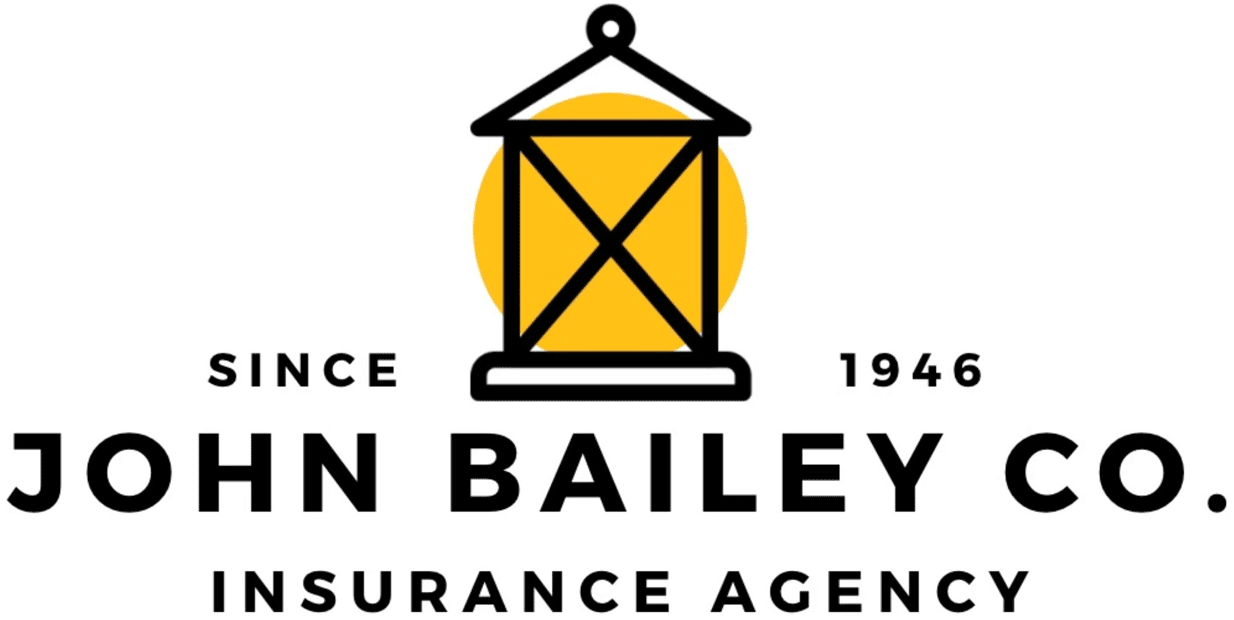News flash! 2018 is behind us and 2019 is here. Per usual, for the past two months probably all of us have offered greetings to friends, family, associates, and perfect strangers: “Happy Thanksgiving,” “Happy Hanukkah,” “Merry Christmas,” “Happy Kwanzaa,” and “Happy New Year!” As we extended these greetings, maybe we struggled with what types of gifts to consider for our loved ones, particularly our children. Perhaps we want(ed) to believe that a new smartphone, video game or tablet is a happiness producing gift for the recipients. But then our John Bailey Company team pondered: “Happiness – Is there an APP for that?”
Understanding happiness vs pleasure
Words can be tricky. We move through life thinking that we understand certain words. For example, many of us might believe that the words “happiness” and “pleasure” are synonymous. Bottom line, they are not synonymous. Consider the Business Insider article from March 24, 2018, “This is why our phones are making us miserable: Happiness isn’t the same thing as pleasure, and our brain knows it.” Go ahead, take a few minutes and read the article. You’ll soon learn that there are two critical brain chemicals – dopamine associated with reward and motivation, while serotonin is associated with true happiness and contentment. Now ask yourself the question: “Are you happy or happier when you use your smartphones and related APPS, or do you feel rewarded?” There is a difference.
Perhaps you’ve had the experience of sitting in a restaurant and observed a family of three or four sitting nearby. Each of the family members has arrived at the restaurant to “enjoy” a meal “together.” Instead, you might witness each family member has come equipped with their smartphone. Maybe one is smiling, while another is frowning, as they never make eye contact or converse with each other, but are constantly singularly “interacting” with their APPS. Are you watching ‘happiness-related serotonin…or addiction-related dopamine?’
The NIH and 60 Minutes weigh in on screen time
We learned recently that the National Institutes of Health (NIH) has begun a new study to follow 11,000 children. Testing will take place around the country at 21 testing sites. They intend to examine all things screen time – including video games and mobile phone apps. The goal is to determine how screen time affects mental health and brain development, the goal is to produce a report in 2019. If you are not familiar with the NIH, it is part of the U.S. Department of Health and Human Services and is the largest biomedical research agency in the world. We look forward to their report, but take a look at how 60 Minutes correspondent Anderson Cooper covered this story on December 9, 2018.
For an even more thought-provoking conversation about what is known as “brain hacking,” take a break and watch this June 2017 60 Minutes segment.
If you are having trouble viewing the video, you can see it here.
Here’s to a Healthy New Year
Perhaps you’ve noticed that the John Bailey Company has recently decided to promote what we call our “social community project.” This past December, we published our first in this series, Children and Technology – Minding the 5 Cs. Our mission: John Bailey Company is an independent insurance agency; we solve problems, provide protection, and generate opportunities for our clients by creating insurance solutions. Our vision, simply stated, is to help our clients “insure a great life.”
We believe that our “social community project” serves to provide valuable information to our present and future clients and to serve as a way to start the conversation about all things health, including insurance.
A closing thought…recently on a subway, one rider asked of another, “How did you persuade your child to read instead of playing with smart devices?!” To which the mom replied: “Children don’t hear us, they imitate us.”

